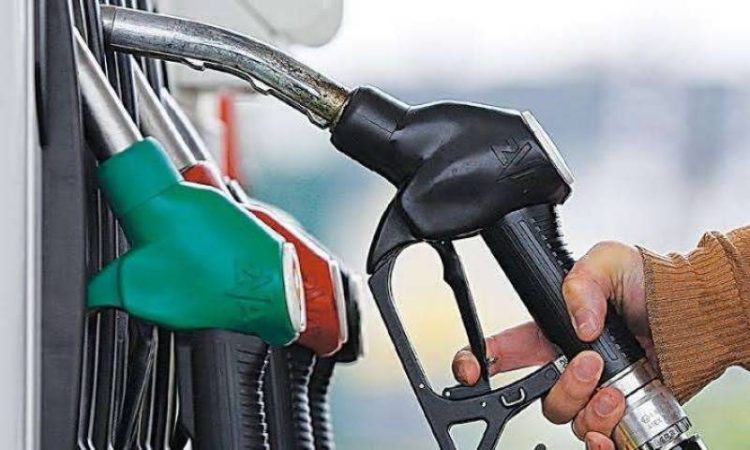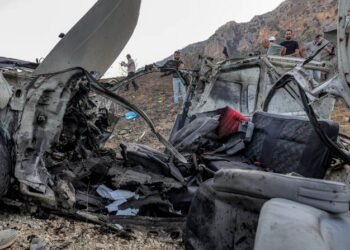The citizens of Pakistan have been hit hard by the unexpected hike in petroleum prices on Tuesday, August 1, 2023. The Finance Minister, Ishaq Dar, announced an immediate increase in the prices of petrol and high-speed diesel by Rs. 19.95 and Rs. 19.90 per liter, respectively.
The decision to hike fuel prices was disclosed on Tuesday night after ‘careful consideration’ by the government, which was striving to shield the citizens from the impact of surging international oil prices. Unfortunately, the mounting economic pressures left the authorities with no choice but to pass on some of the burden to consumers.

With this recent increase, the per-liter price of petrol has soared to Rs. 272.95, while diesel prices reached Rs. 273.40. This significant price surge is likely to hit the already burdened consumers hard, as fuel costs play a vital role in the daily lives of millions of Pakistanis.
Financial analysts were predicting a possible decline in petroleum prices, but the government’s decision came as a surprise. The current administration has been walking a tightrope, attempting to address the needs of the people while managing the challenging economic situation.
It is important to note that this will be the last revision in petroleum prices during the tenure of the present government as the legislative assembly’s term concludes on August 12, 2023. Throughout its tenure, the government has revised petroleum prices fortnightly, which has been a contentious issue among the public.
Experts were anticipating a populist move for this final revision, given the government’s inclination towards making tough decisions during its term, which began in April 2022. Throughout their tenure, the government has consistently increased petroleum prices in order to meet the requirements of the International Monetary Fund (IMF) loan program, resulting in a heavy petroleum levy on the citizens.
One of the primary reasons for the recent fuel price hike is Pakistan’s heavy reliance on imported petroleum products, which are predominantly purchased in US dollars. Unfortunately, the Pakistani Rupee (PKR) has experienced a continuous decline against the dollar over the past week, leaving the government with little room to further reduce petroleum prices.
As the citizens brace themselves for the economic challenges ahead, the government’s decision to increase fuel prices has sparked debates and discussions across the nation. The impact of this move on the public’s daily lives and businesses remains to be seen as Pakistan continues to grapple with its economic issues.








 United Arab Emirates Dirham Exchange Rate
United Arab Emirates Dirham Exchange Rate

